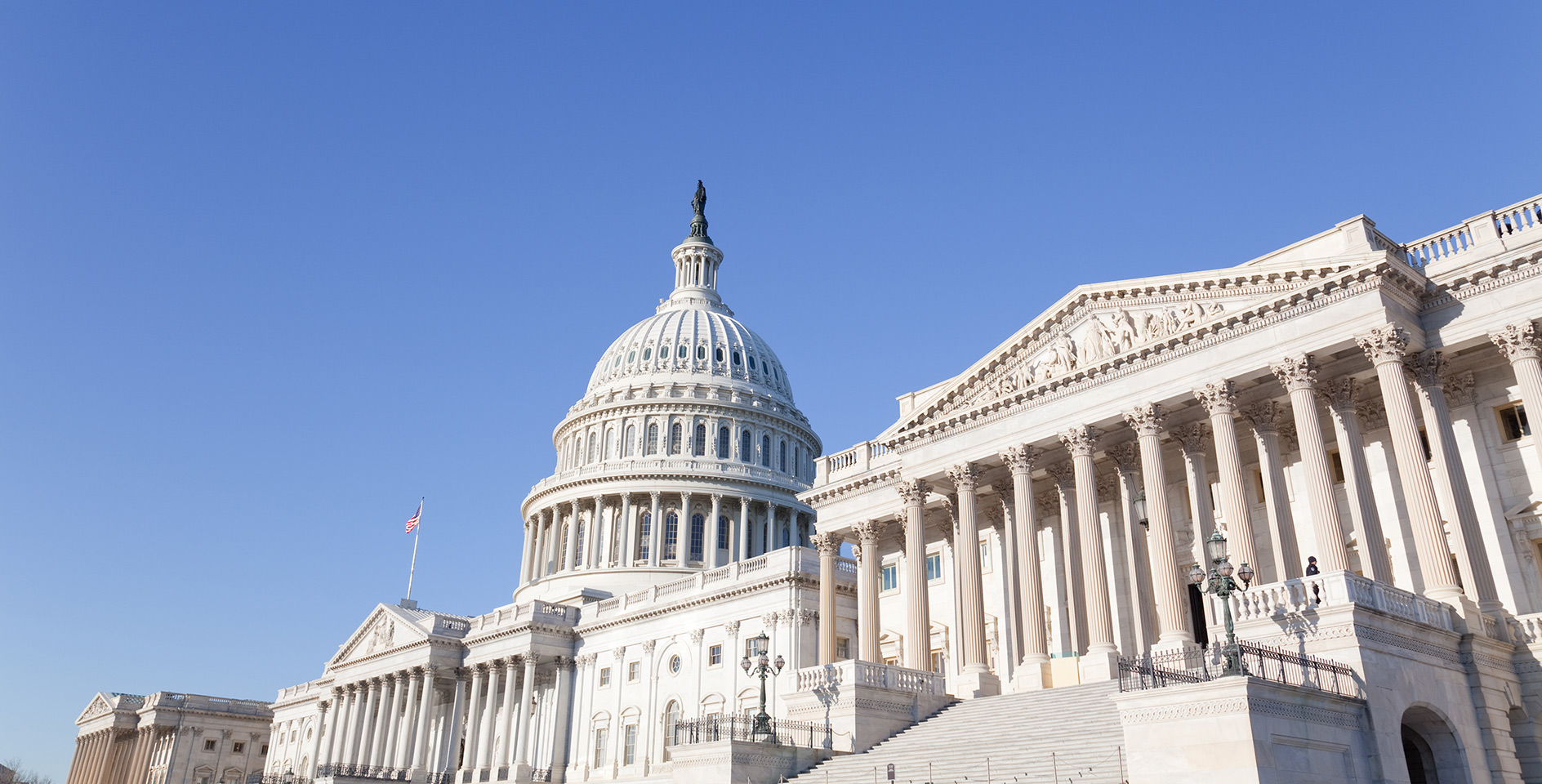Last month the U.S. Senate passed the Stop Enabling Sex Traffickers Act (SESTA), legislation intended to limit online sex trafficking. (A similar bill—the Allow States and Victims to Fight Online Sex Trafficking Act (FOSTA)—was also passed by the House, and the combined legislation is known as FOSTA-SESTA.) Here are five facts you should know about this anti-trafficking legislation.
Here are 5 facts about the ‘Stop Enabling Sex Traffickers Act’
1. For more than twenty years, a loophole in a federal law has allowed sex trafficking to thrive online. In 1996 Congress passed the Communications Decency Act, which attempted to regulate the exposure of indecent and obscene material directed toward children. The effectiveness of the Decency Act, though, was undermined because the law has been interpreted to say that “operators of internet services” (such as websites) are not to be legally liable for the words of third parties who use their services.
2. Because of this loophole, online content providers that post classified ads have been allowed to advertise prostitution with near impunity. A prime example is Backpage.com, which, according to the National Center on Sexual Exploitation, posts one million sex ads a day. The National Center for Missing and Exploited Children previously testified in a Senate subcommittee that 71 percent of all suspected child sex trafficking cases have a link to Backpage. When challenged in state courts, Backpage has repeatedly prevailed based on the interpretation that the Decency Act protects them from prosecution for the criminal wrongdoing of their customers.
3. FOSTA-SESTA amends federal law to specify that the Decency Act does not prevent websites from being subjected to civil action or criminal prosecution under state or federal criminal or civil laws relating to sex trafficking of children or sex trafficking by force, fraud, or coercion. Additionally, the legislation amends the federal criminal code to specify that the violation for benefiting from “participation in a venture” engaged in sex trafficking includes knowingly assisting, supporting, or facilitating the violation.
4. FOSTA-SESTA also allows state attorneys general to bring civil actions in U.S. district courts on behalf of the state’s residents if the attorney general believes an interest of the residents has been or is threatened or adversely affected by any person who knowingly participates in sex trafficking.
5. Even though the legislation has not yet been signed into law, it is already motivating online content providers to change their policies. According to Susan Yoshihara of the Center for Family and Human Rights,
Cityvibe shut down completely, the Erotic Review, the ‘Yelp of the sex trade’ where men rate their experiences with trafficking victims, shut down advertisement boards in the United States, NightShift shut down to review policies, VerifyHim shut down its ‘newsreel,’ Craigslist personals section was shut down, Reddit’s prostitution-related “subreddits” were marked private and the site instituted new policies banning the sale of sex acts and drugs, Google reportedly deleted its publicly shared commercial sex-related advertising, WordPress.com reportedly removed its commercial sex-related advertising sites, Paypal reportedly disabled advertised accounts for commercial sex-related payment, Rubmaps, Erotic Monkey, and USA Sex Guide had extended maintenance periods over the weekend, suggesting upcoming changes due to the new law, Microsoft is issuing new Terms of Service effective May 1st covering all of its platforms, including Skype and Xbox, to urge users not to use the services to share pornography or criminal activity.










